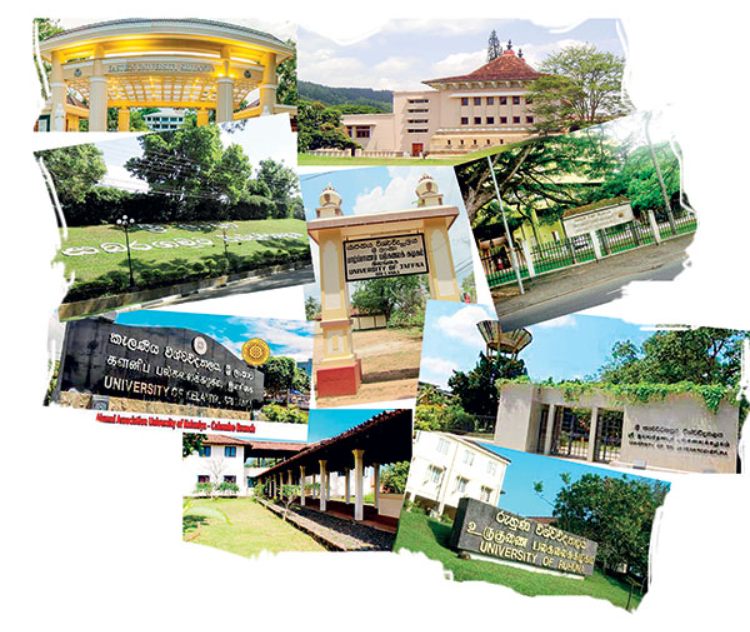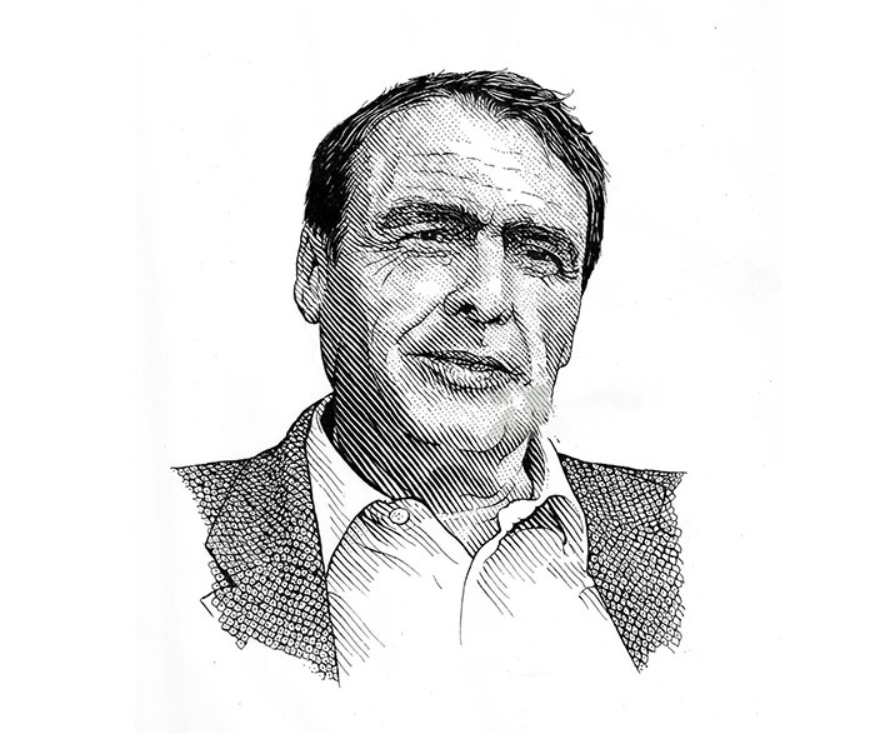A Budget to dismember state universities
Sri Lanka is going through its worst economic crisis since the 1930s, and the stabilisation policies of the Government could drastically change the political economic landscape of the country. Amidst these changes underway, education more broadly and the university system in particular, have come under considerable strain.
In this column, I analyse the recent Budget Speech and the dangers inherent in it for access to university education for future generations. The allocations for next year continue the trajectory of underfunding state universities. Furthermore, it concretises the Government’s intention to completely change the governance of universities, recognise ‘private higher educational institutions’ on par with state universities and to expand their role in higher education.
A Budget to dismember state universities Read More »









